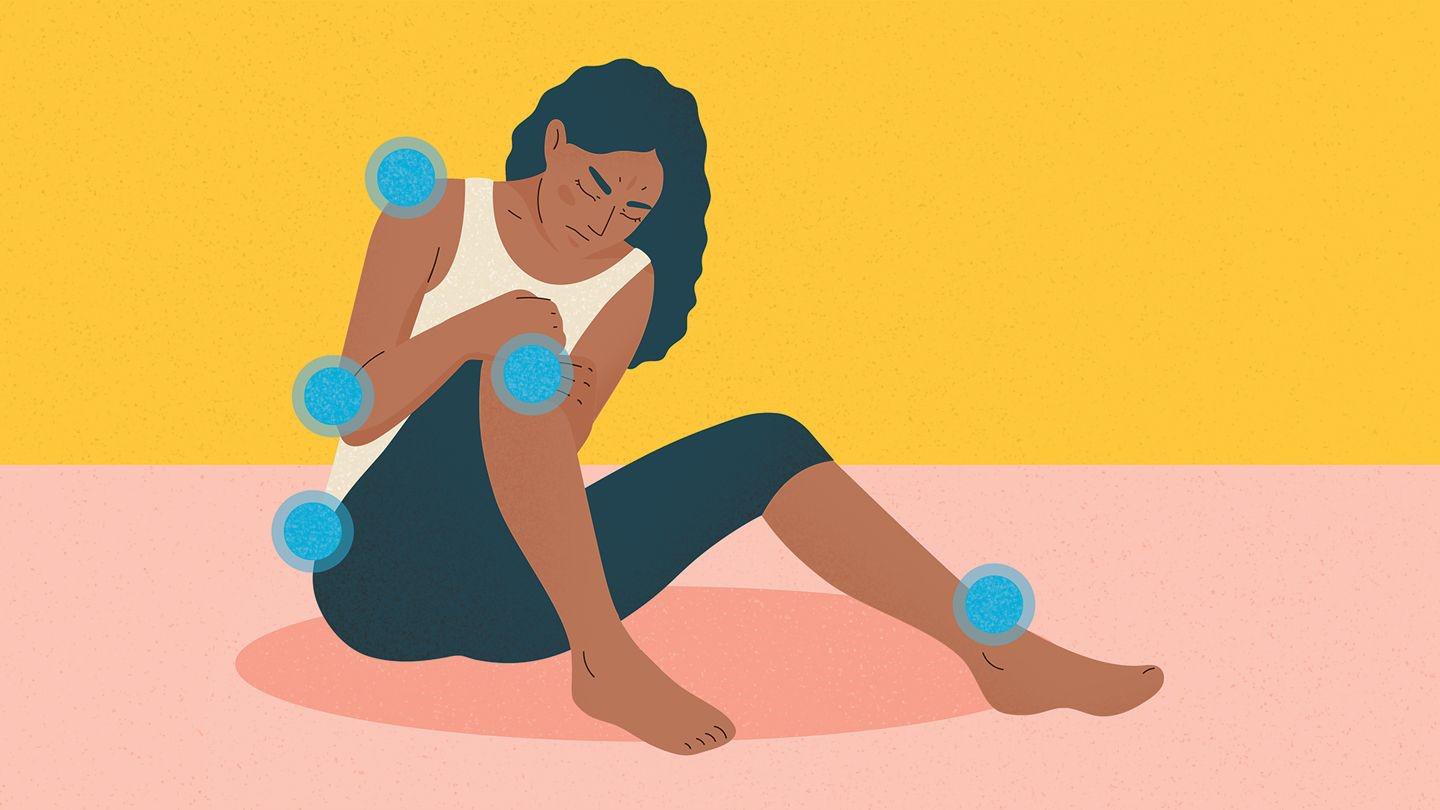
Each of us knows someone who is convinced they can "feel" when the weather will change. It is possible that a colleague has begun to experience pain due to an old sports injury and is requesting rain. Alternatively, consider your grandmother diligently massaging her knuckles in anticipation of an approaching thunderstorm. There appears to be a widespread belief that joint pain and weather patterns are related. Over two-thirds of individuals afflicted with rheumatic diseases (joint disorders) hold the belief that their pain is precipitated by or partially attributable to climatic conditions. Is this then true? Is it possible to perceive atmospheric changes with the body, or is this phenomenon merely coincidental?
In reality, there is no scientific consensus regarding this matter; scholars oscillate between discovering a significant relationship and discovering no association. While some research concludes that specific individuals react to variations in temperature and pressure, others find that humidity, particularly in the morning, has an impact. What then gives? What is the source of the confusion? Well, comparing pain and weather is extremely difficult, and joint pain is a complex issue that is influenced by numerous interrelated factors; therefore, we have our work cut out for us in answering this query.
Weather and its impact on health have been topics of discussion for centuries. While it is widely accepted that cold weather can exacerbate certain health conditions, there is an ongoing debate about whether bad weather can truly affect joint pain. In this blog post, we will explore the scientific evidence and anecdotal experiences to determine whether there is a real connection between adverse weather conditions and joint discomfort.
The Biological Link:
Joint discomfort may be influenced by variations in atmospheric pressure, temperature, and humidity, according to one theory. Baroreceptors are sensory nerves found in human joints that are responsive to variations in atmospheric pressure. Baroreceptors such as those found in individuals with sensitive joints may elicit pain responses in response to changes in the weather, resulting in heightened distress.
Scientific Studies:
S Numerous studies have attempted to establish a correlation between joint discomfort and the weather. Although certain individuals have discovered a correlation, others have reached an inconclusive conclusion. We shall explore pivotal research discoveries and their ramifications for comprehending the intricate relationship between weather conditions and joint health.
Arthritis and Weather:
Arthritis, a prevalent joint disorder, is frequently accompanied by heightened pain in chilly and wet environments. We shall delve into the experiences of individuals afflicted with arthritis and deliberate on the existence of a legitimate correlation between inclement weather and the intensity of symptoms associated with the condition.
The Role of Inflammation:
Rheumatoid arthritis and other inflammatory conditions are characterized by the immune system's destruction of healthy tissues. Variations in the weather have the potential to affect levels of inflammation, which in turn may have an effect on joint discomfort. We will investigate the potential contribution of weather-related factors to inflammatory responses within the body.
Anecdotal Evidence:
Although scientific research offers valuable insights, it is crucial not to disregard personal experiences. Numerous individuals assert that their joint discomfort enables them to forecast weather changes. We shall examine these anecdotal testimonies and deliberate on the importance of subjective experiences in comprehending the correlation between weather conditions and joint discomfort.
Coping Strategies:
Regardless of the extent to which inclement weather affects joint pain, it is crucial to investigate methods of discomfort management. We aim to offer pragmatic recommendations and modifications to one's way of life that can be implemented by individuals in order to mitigate joint discomfort, irrespective of the weather outside.
As we navigate the intricate relationship between weather and joint pain, it becomes evident that the connection is multifaceted and varies from person to person. While scientific research continues to investigate this phenomenon, individuals experiencing joint pain can explore a holistic approach to managing their symptoms, incorporating both scientific insights and personal experiences.
REFERENCES:
www.mcgill.ca/oss/article/health-and-nutrition/can-your-joints-really-feel-changes-weather
https://health.clevelandclinic.org/barometric-pressure-joint-pain